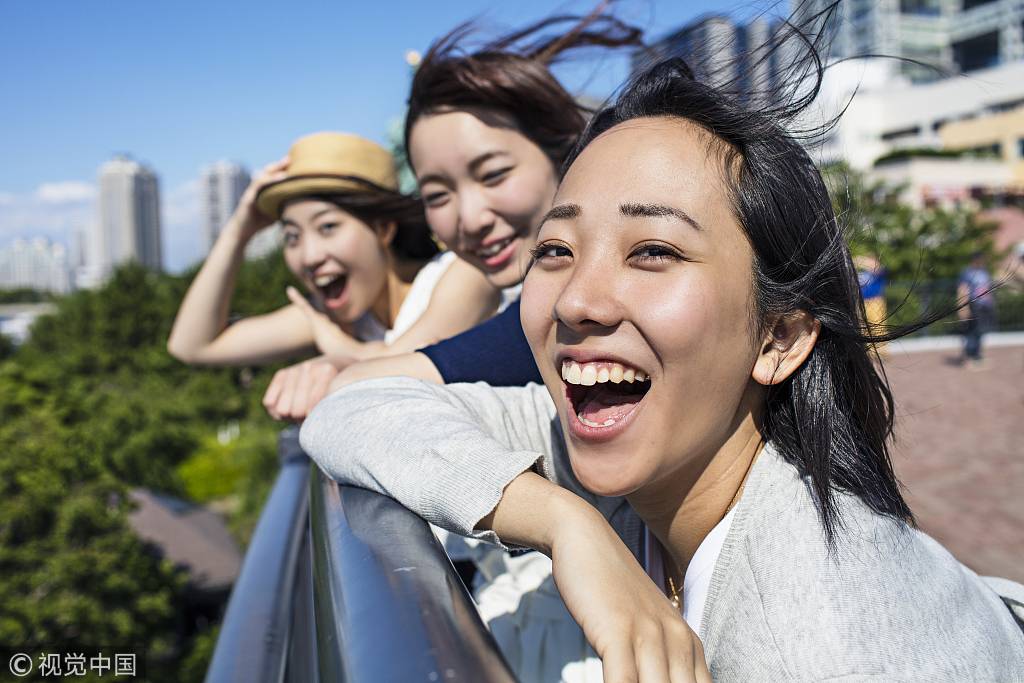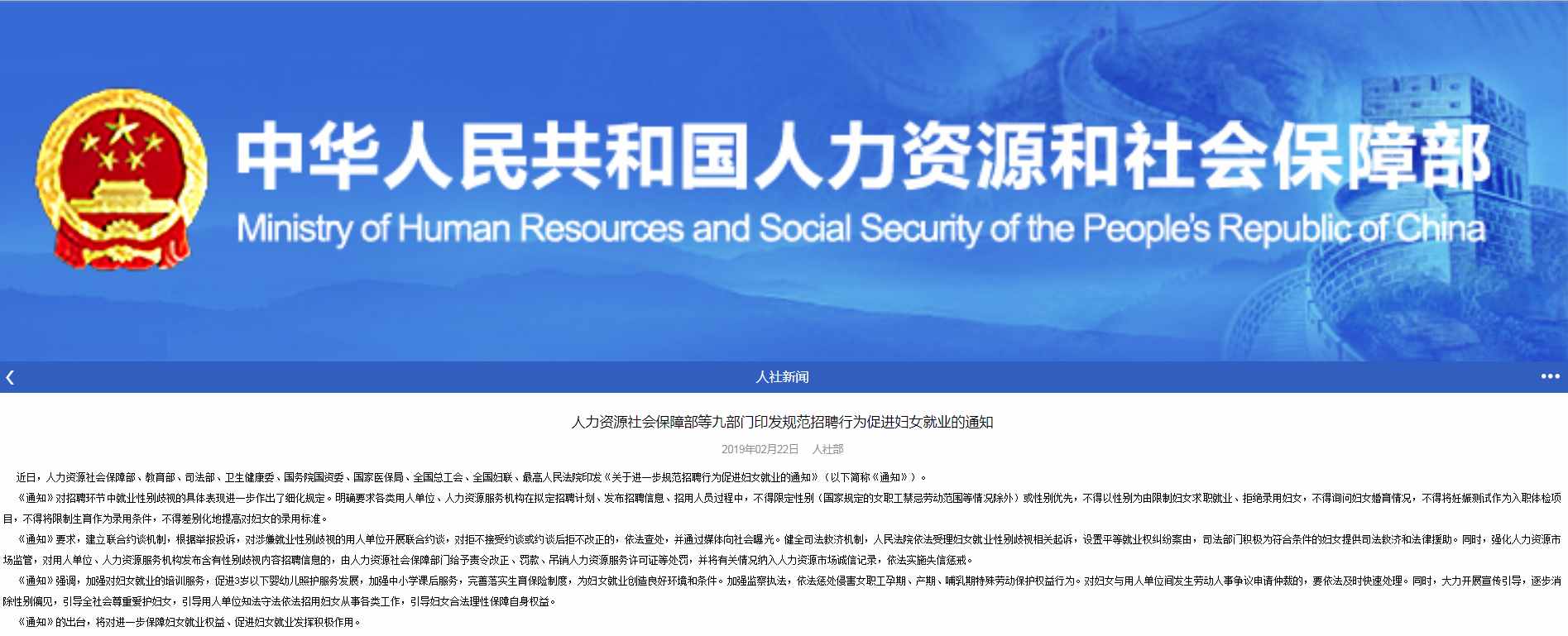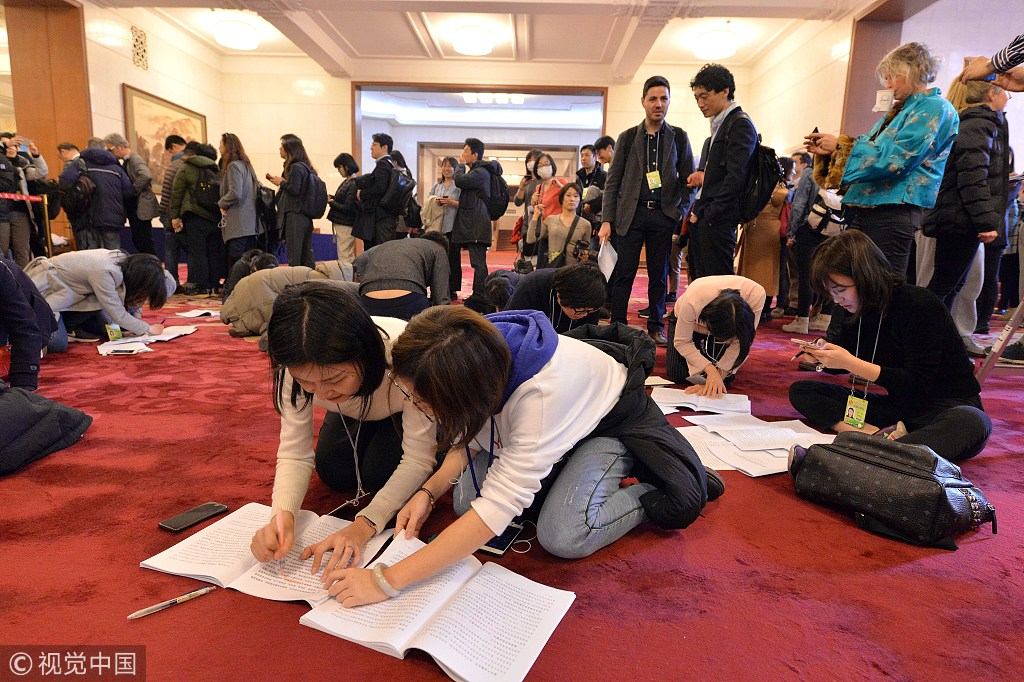
Domestic
12:30, 08-Mar-2019
Modern Chinese women motivated by diversity of values
Updated
11:39, 13-Mar-2019
Bi Ran

Nvwa, the goddess ancestor in ancient Chinese mythology, represented the early image of the Chinese women with divine qualities: passing life on and protecting families.
But now we know that the traditional Chinese women's quest for the single conservative value of self-sacrifice and family only is effectively over. Today we are seeing a revolution in attitudes to women's values. The image of women in today's China is fluid, shifting and unconfined. In a word, diversified.
The profile of "goddess" has become transformative and inspiring. International Women's Day on March 8 is also called "Goddess Day" by Chinese – a nickname to highlight the beauty of Chinese women and encourage them to be brave and bright. The diversity of Chinese women's values is growing delightfully fast. These modern "Nvwas" are happy to explore themselves in work, relationships, families, communities and in many fields in which they thought they could never make such a difference on their own.

The image of women in today's China is fluid, shifting and unconfined. /VCG Photo
The image of women in today's China is fluid, shifting and unconfined. /VCG Photo
First-rate women in new era
Beauty and attraction are no longer necessarily bound up with romantic love in Chinese women's minds.
Several decades on, it was crucially important to be pretty for a woman, at least to be "beautiful" in men's eyes as women did not have many choices if they want a better life. And, sadly, the standards of being this kind of "beautiful" are quite dull. Over time, however, Chinese women came to realize that they should not only pursue a single-standard kind of beauty. Embracing a diversified definition of beauty is a trend in China nowadays.

Thirty-nine percent of Chinese women go the gym regularly, figures show. /VCG Photo
Thirty-nine percent of Chinese women go the gym regularly, figures show. /VCG Photo
As data from the National Bureau of Statistics of China shows, Chinese women in first-tier cities spend an average of 480 yuan on purchasing cosmetics and fragrances monthly, while 39 percent go to the gym regularly. Abandoning the traditional mantra that "being pretty is what your mum and boyfriend think," they stride forward with diversified aesthetic tastes. The definition of beauty is changing as Chinese women want tanned instead of pale skin, they admire firm abs but don't want to be too skinny and they are starting to believe that being healthy and beautiful is a way to please themselves first.
When asked about important characteristics modern women have, Em Roblin, a Canadian in Beijing who runs programs for women to grow professionally and personally (Inner Circles), chooses the words: curious, courageous and creative. Women's looks are undeniably important, but the simply thinking that equates being beautiful with being successful has long gone.
'Self' matters
The British Airways Global Solo Travel Study on the phenomenon of the independent female passengers shows that Chinese solo female travelers are most willing to travel long distances with almost 50 percent flying over 11 hours for their last international experience. Some 46 percent of them prefer to take a vacation alone, and more women than men in China have made a solo trip abroad over 10 times.
More than the travelling market, International Women's Day has been successfully commercialized in China. Discount and coupons pervade on/offline stores. The good side of what has become over-commercialization is we finally see how decisive modern women are in pursuing their own lifestyles. Plus, they can afford it.

Chinese singer Wang Ju attends a women forum in Shanghai, June, 2018. /VCG Photo
Chinese singer Wang Ju attends a women forum in Shanghai, June, 2018. /VCG Photo
Tmall (a Chinese online retailing platform by Alibaba) data shows that the number of female customers buying jogging gadgets increased by 1,389 percent in the past year, while purchasing of diving equipment by women in their 50s and 60s has grown by 79 percent yearly. Isn't it stunning? Health, fun, and experience have finally gained ground in Chinese women's minds. Most importantly, "self" as the core concept guides them to rediscover themselves, mentally and physically, aspects which have been unbelievably ignored for such a long time.
Sally Shan, a mother of two and the managing director of a global private equity firm, said self-realization is always the key to a better life. She told CGTN that a woman should never give up her self identity, no matter whether she has already built a family or is still searching for her true value. "Identifying yourself is a process and I am happy to see Chinese women are not left behind on the way of finding self-awareness, self-discovery and self-fulfillment."
Balance for better
In February 2019, China's Ministry of Human Resources and Social Security issued new measures against gender discrimination in the workplace. The regulations forbid employers from asking female employees and hires if they are married or have children. Most companies welcome this notice and take positive action on protecting women employees' rights.
However, people keep being skeptical. That's because some employers are still posting open positions with explicit job descriptions saying "men only" and some firms are turning down great female candidates just because they plan to get married or pregnant. Unmarried or childless women applicants have to answer vaguely to questions about their status or hide the truth until they secure the positions, and who knows how much injustice and ire they swallow to get what they should have secured more easily.

China's Ministry of Human Resources and Social Security issued new measures against gender discrimination in the workplace. /VCG Photo
China's Ministry of Human Resources and Social Security issued new measures against gender discrimination in the workplace. /VCG Photo
Compared with getting a job, getting promotion is harder for women.
According to the 2018 Chinese Women in The Workplace Report, only 1.2 percent of women managers are senior leaders. Women of childbearing age are often denied promotion. When colleagues start guessing when a newly married woman's going to get pregnant, her situation in the workplace would become subtly tenuous – she has to "announce" loudly or cautiously that she gets no plan for a baby, at least not in a short term if she wants to be regarded as a candidate for a certain title. This is a major obstacle distinguishing women from men in the promotion system in China. Obviously the conflict between pregnancy and promotion is one of the most challenging in the workplace for women with ambition.

Female reporters at work during China's Two Sessions in Beijing, March 5, 2019. /VCG Photo
Female reporters at work during China's Two Sessions in Beijing, March 5, 2019. /VCG Photo
"Getting pregnant, raising and educating kids is truly energy-draining," said Gao Li, the winner of China Young Women in Science Fellowships who works at the Institute of Plant Protection, Chinese Academy of Agricultural Sciences.
She told CGTN that she does spend extra time, though, on family support since she believes the mother has an irreplaceable position in kids' childhood education.
However, women are still facing lots of challenges when competing with male coworkers, and single women. What you need to do, Li added, is to integrate personal life and professional path as well as getting a strong heart.

SITEMAP
Copyright © 2018 CGTN. Beijing ICP prepared NO.16065310-3
Copyright © 2018 CGTN. Beijing ICP prepared NO.16065310-3